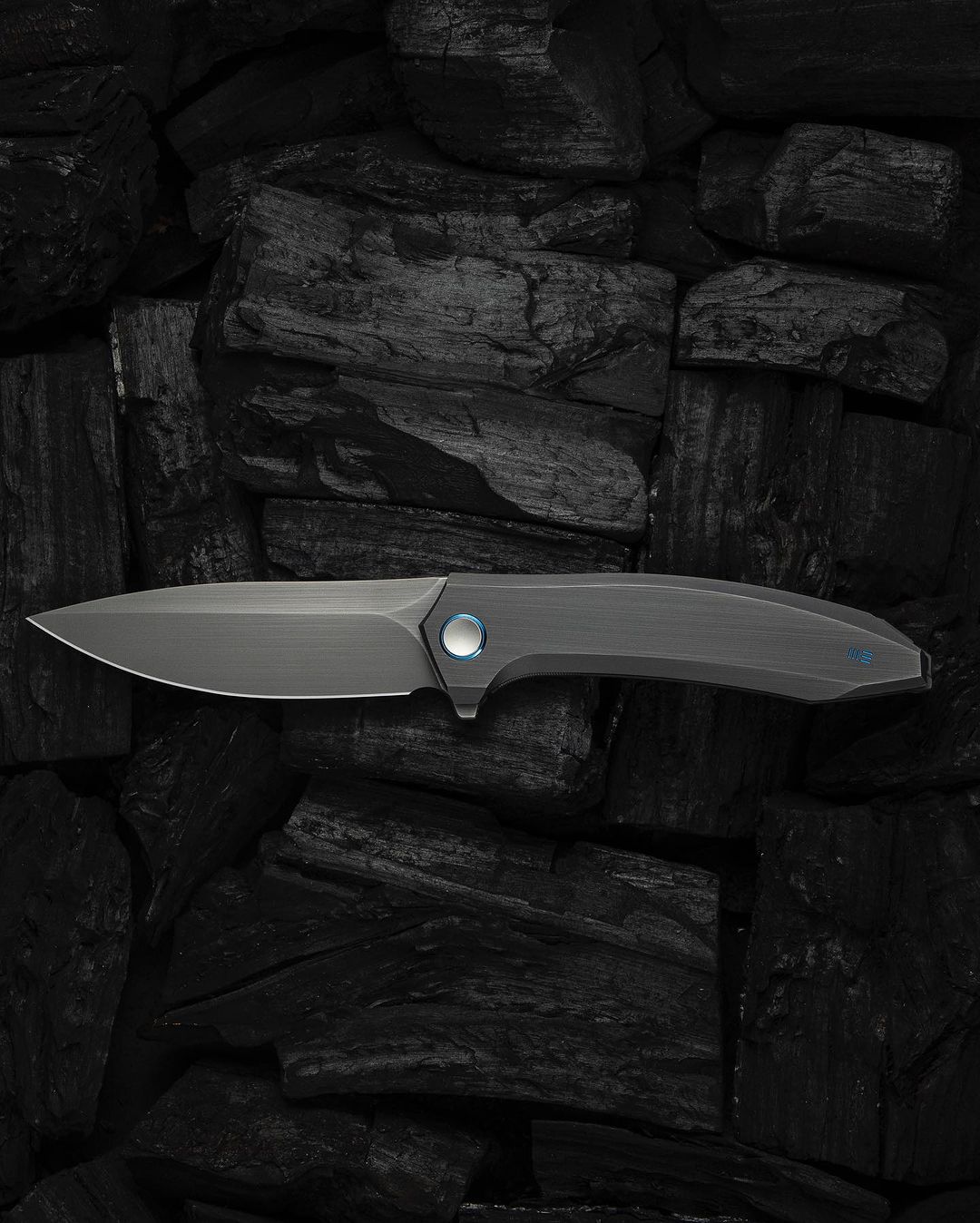The apparent Israeli attack that led to the near-simultaneous explosions of hundreds of pagers used by Hezbollah across Lebanon and Syria is the type of sophisticated operation the U.S. CIA should be able to accomplish, said Erik Prince, the founder of Blackwater and a former U.S. Navy SEAL, on Sunday.
Prince appeared on “Sunday Morning Futures,” where he was asked about how it appeared Israeli intelligence was able to infiltrate the supply chain and to get a hold of pagers and walkie-talkies before the electronic devices were shipped to Hezbollah.
“It was a magnificent intelligence operation. It certainly took a lot of planning and a lot of discipline and a lot of innovation,” Prince said. “And they had to be willing to fail trying.”
Prince added that he wished the CIA would have the gumption to try such a sophisticated operation with the amount of funding given to the intelligence community.
HOW DID THE HEZBOLLAH PAGER EXPLOSIONS HAPPEN? 5 THINGS TO KNOW
“And I would say I’m jealous that the CIA doesn’t try or accomplish things that bold for as much as we spend in the Intel community,” he said. “We should be getting those kinds of results.”
Hundreds of pagers and walkie-talkies belonging to Hezbollah members exploded in two waves on Tuesday and Wednesday, killing at least 37 people — including two children — and wounding about 3,000. The attacks were widely blamed on Israel, which hasn’t confirmed or denied responsibility.

Few details are known about how the apparent operation was carried out, though Prince remarked that he believed explosive material was secreted into the devices at some point in the supply chain.
“It was not just a matter of overheating the batteries,” Prince said. “They definitely implanted some explosives in that battery compartment.”
ISRAELI AIRSTRIKES CONTINUE ON TERRORIST TARGETS, ROCKET LAUNCHERS IN SOUTHERN LEBANON
The operation’s trail stretched across the globe from Taiwan to Budapest before the pagers ended up in Lebanon. Taiwanese pager firm Gold Apollo said its AR-924 pager brand was licensed to a Hungarian-based company, BAC Consulting KFT. Gold Apollo said it was not involved in the production of the devices, which it says were manufactured and sold by BAC.

The walkie-talkies that exploded Wednesday appeared to be knock-off products of Japanese walkie-talkie maker Icom that were not made by the company, a sales executive at the company’s U.S. subsidiary told The Associated Press.
Prince was later asked to take the recent events into account and give his assessment on the risk of having China in control of the global supply chain.
“It’s an extreme vulnerability that we have, whether it’s even the processing of rare earth minerals, to the manufacture of integrated circuits, to the guts of many of our appliances, to even pharmaceuticals,” he said.
“Imagine what they could do to two painkillers or to basic antibiotics or to a lot of the things that are still made abroad,” Prince said of China.
Read the full article here












